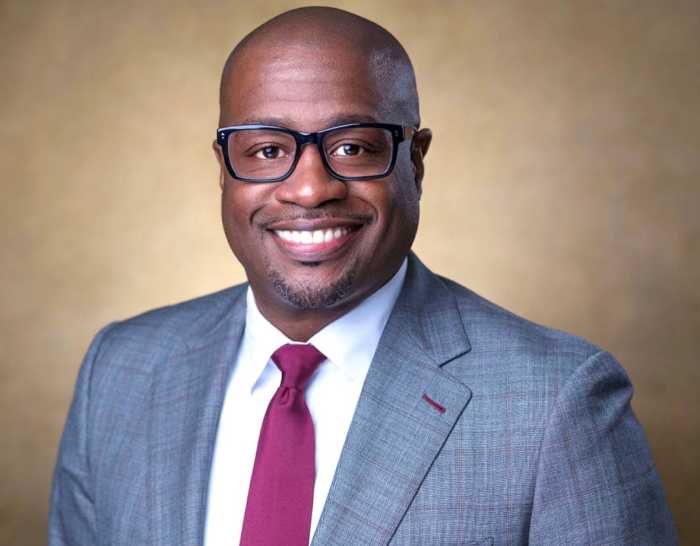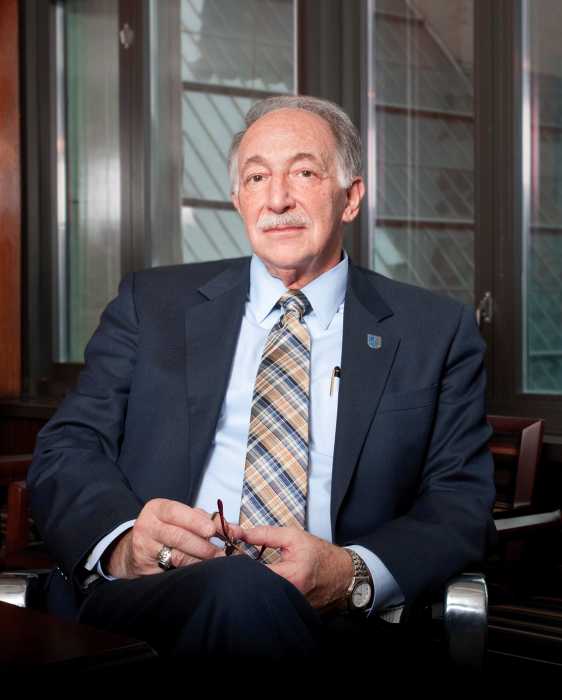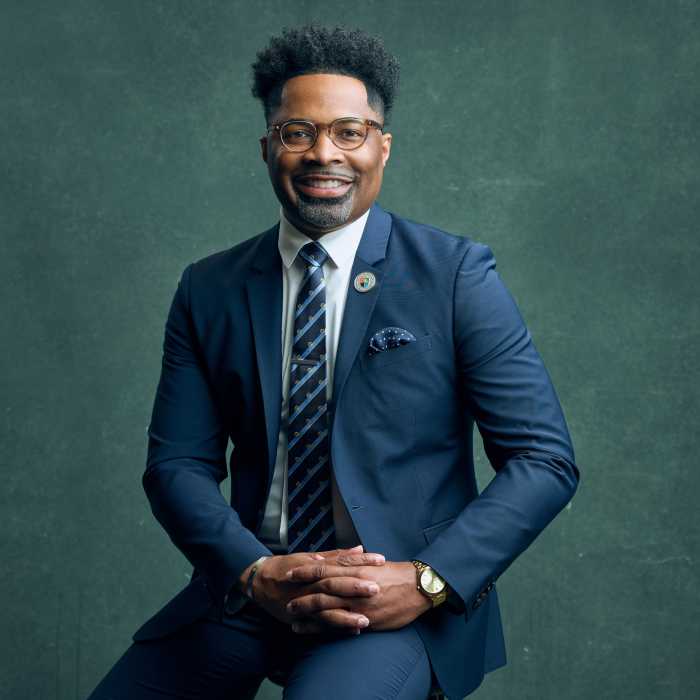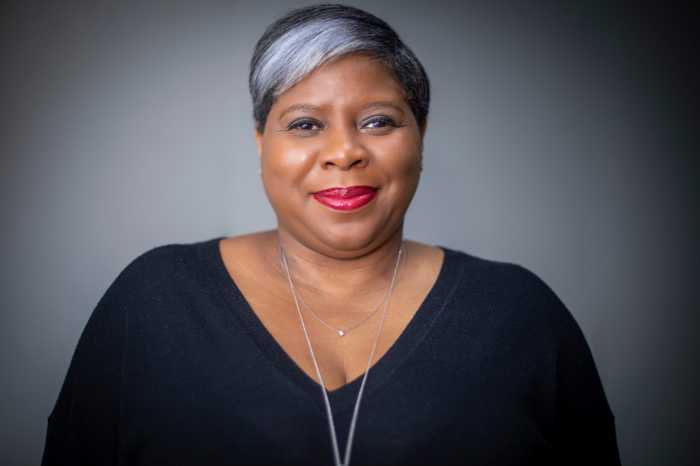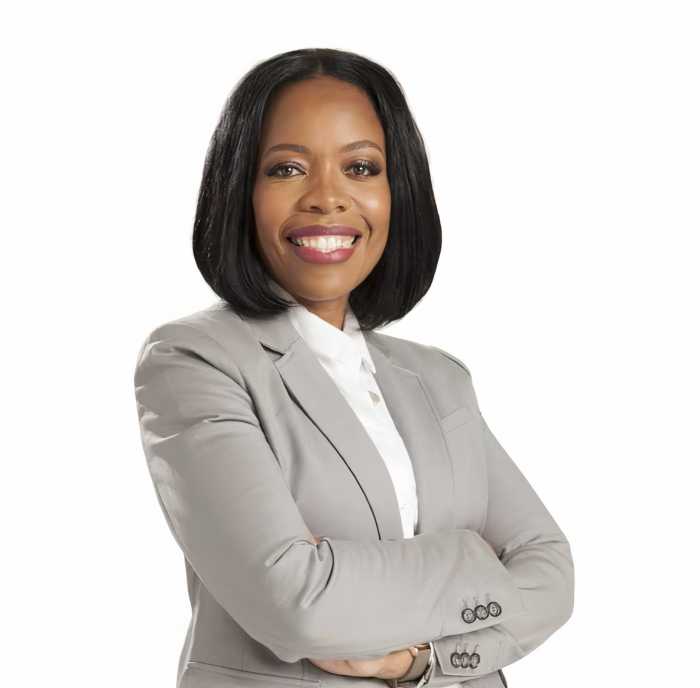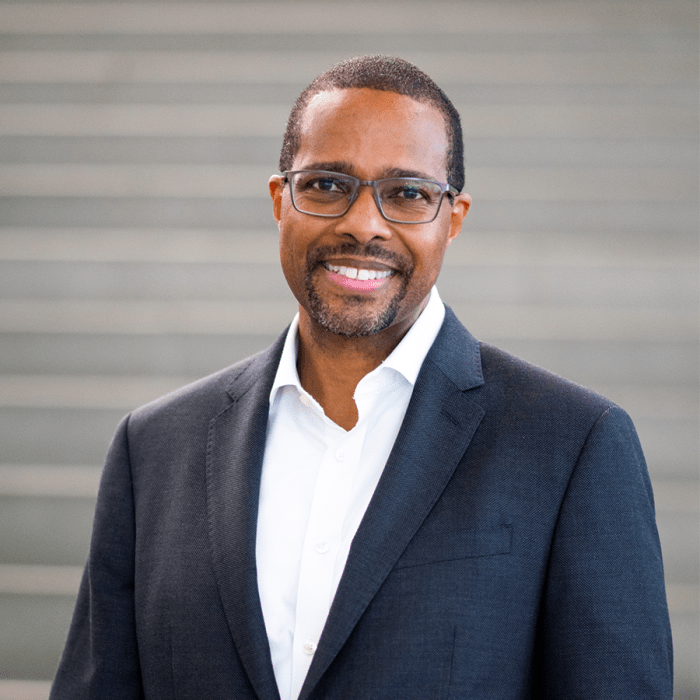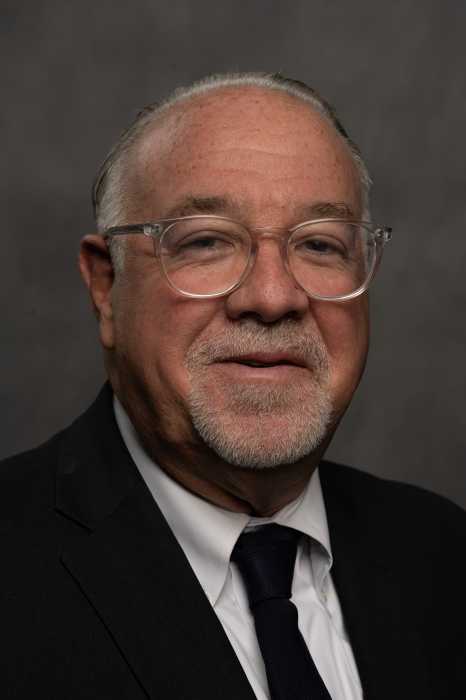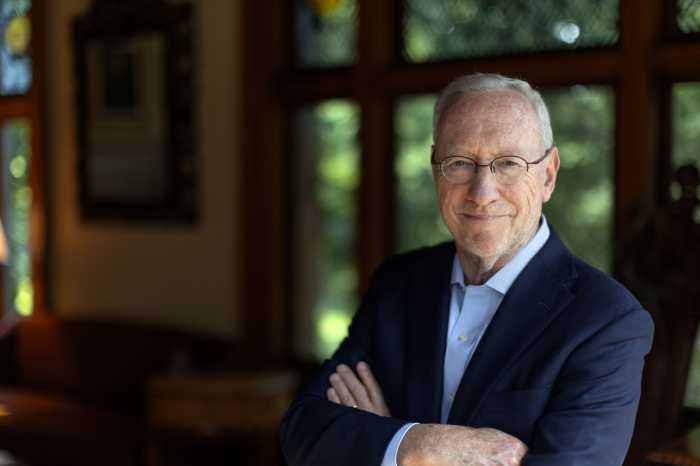Dr. Keydron K. Guinn is a professor of public health at SUNY Downstate Health Sciences University and special assistant to the president. With a Ph.D. in medical sociology, his work focuses on advancing public health through research, teaching, and leadership. As executive vice president at Downstate, Dr. Guinn has led initiatives to promote institutional equity and improve health outcomes for underserved communities, demonstrating a strong commitment to reducing disparities and enhancing health care access.
How can policymakers support New York’s students and educators?
Policymakers can support New York’s students and educators by prioritizing mental health initiatives in schools, ensuring access to comprehensive health services, and integrating wellness programs into curricula. Strengthening mental health support for educators is crucial. Additionally, promoting diversity in the education of future health care providers will better address the needs of diverse communities. Expanding programs that focus on cultural competence and health equity will foster a more inclusive and effective health care workforce.
What was your favorite moment or experience in your own education?
One of my most memorable educational experiences was conducting field research during my doctoral studies in Medical Sociology. Engaging directly with communities to investigate health care disparities deepened my commitment to addressing systemic inequities. This hands-on research not only enhanced my understanding of public health challenges but also strengthened my belief in the importance of collaborating with communities to create meaningful change and lasting impact, particularly for underserved populations facing significant health disparities.
What is the best advice you have received from a mentor?
The best advice I received from my mentor, Dr. Wayne J. Riley, was to always lead with integrity and compassion, particularly in challenging times. He stressed that true leadership stems from adaptability, staying grounded in core values, and maintaining a strong commitment to the people and communities we serve. His guidance has profoundly shaped my approach to both professional and personal challenges, constantly reminding me to focus on making a meaningful and lasting impact.



